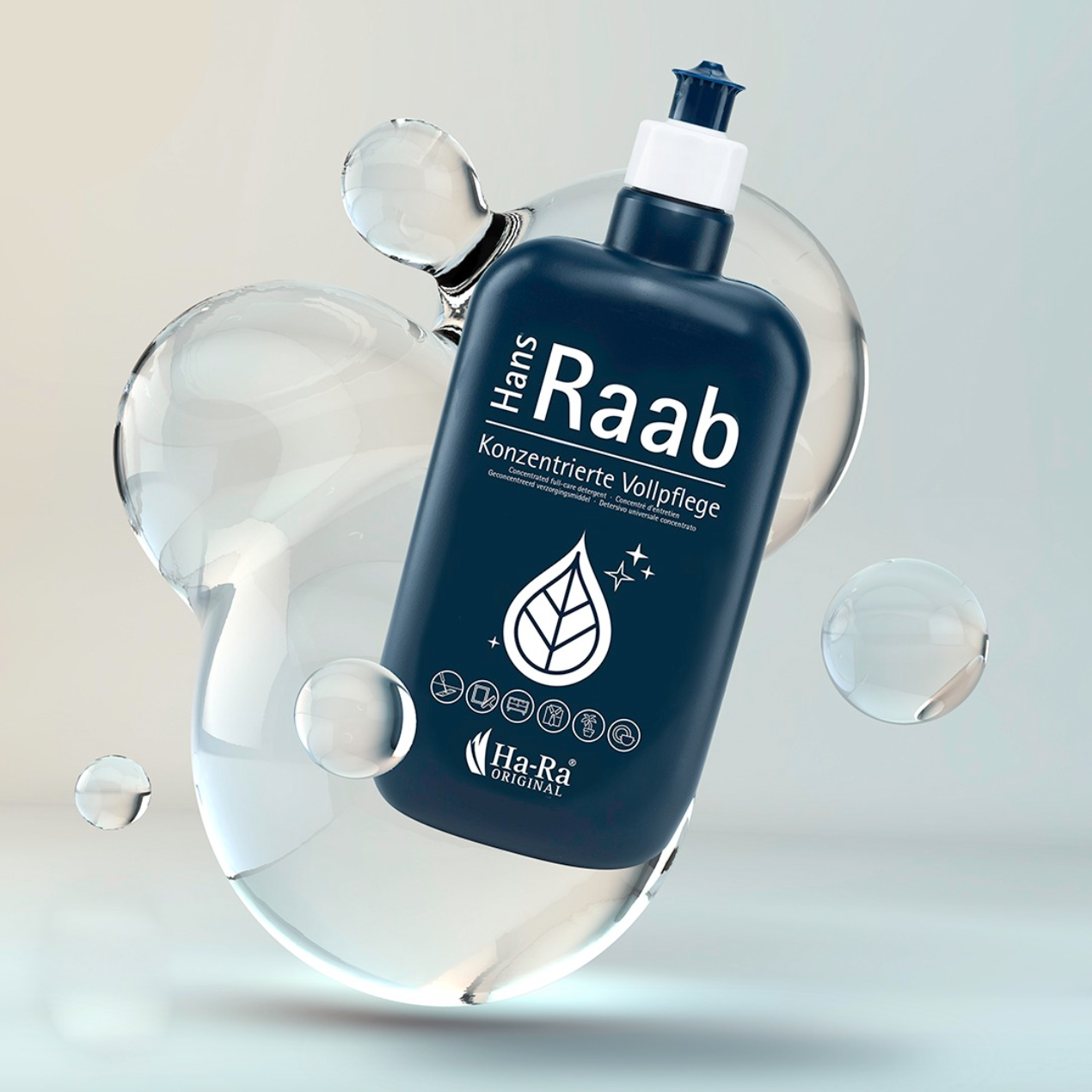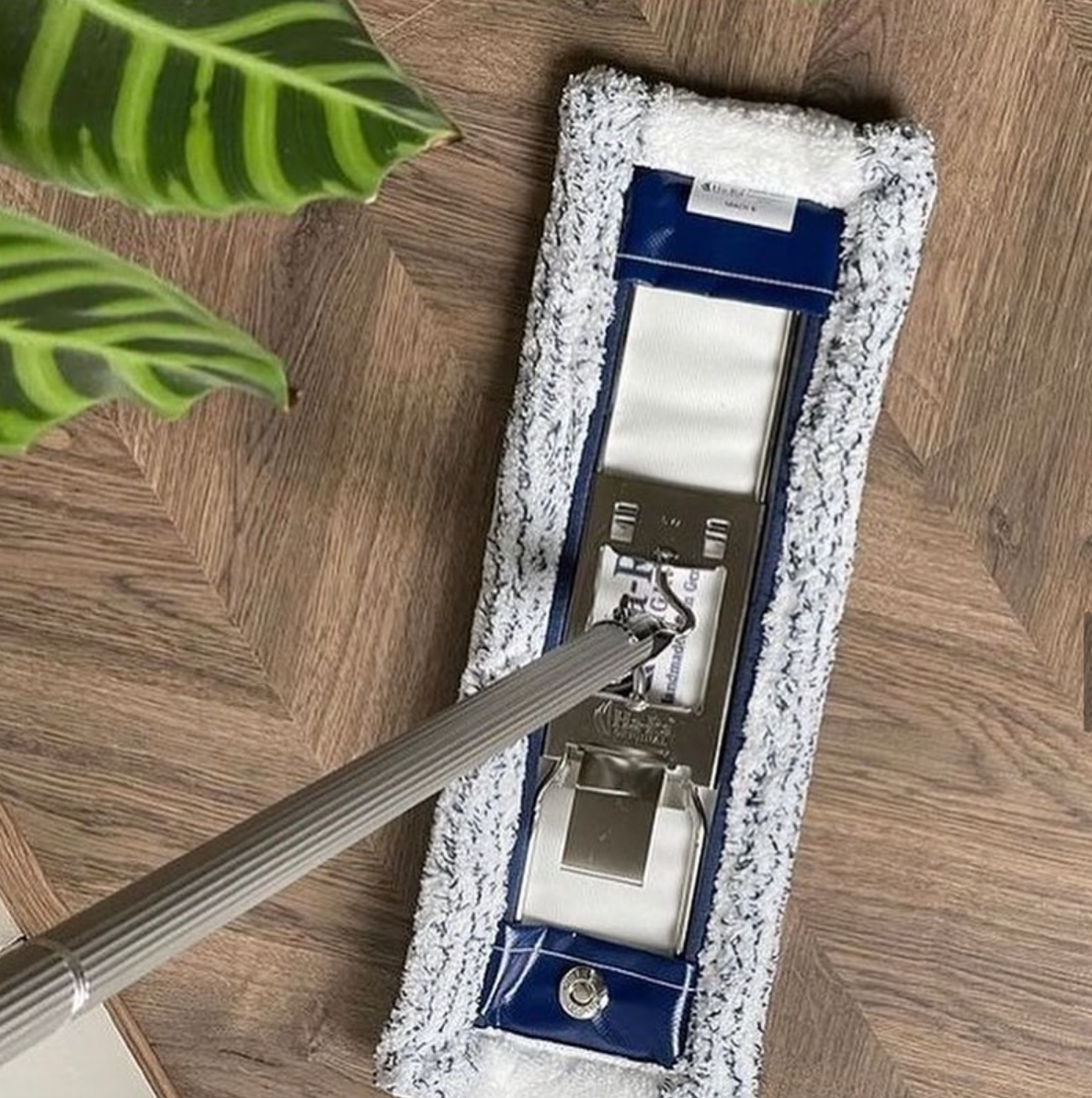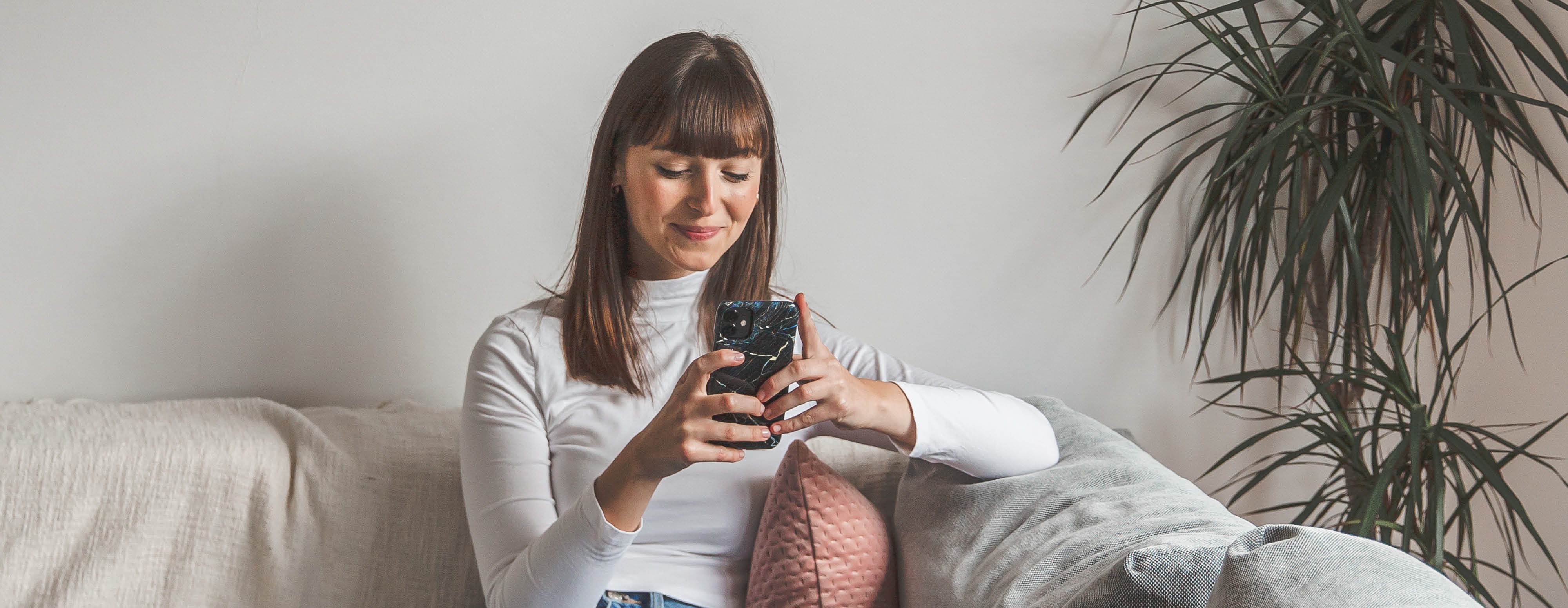What about the Coronavirus (COVID-19)? Can it be contained with regular cleaning?
We have all seen it on the news: Concerned Australians are snapping up key supermarket items, toilet paper and cleaning supplies in anticipation of a possible coronavirus pandemic declaration. Here are some key facts when it comes to COVID-19 in combination with your hygiene and cleaning routines.
First of all we have to look at how does the COVID-19 spread?
How long does the virus survive on surfaces?
Ha-Ra has been assisting hospitals and steriliser departments in Australia with their cleaning tasks for over 23 years. Could cleaning prevent the spread of Coronavirus (COVID-19)?
Independent Australian Laboratories Bernard-Heath-Associates and Medvet Science have proven that Ha-Ra's technology works. If you have a totally dry, clean surface the germs cannot grow, much in the same way as if we as humans do not have food and water we cannot survive; bacteria cannot survive without water and nutrients.
What is the difference between bacteria and viruses?
Bacteria are single-celled microorganisms that thrive in many different types of environments. Some varieties live in extremes of cold or heat. Others make their home in people's intestines, where they help digest food. Most bacteria cause no harm to people, but there are exceptions. Viruses are even smaller than bacteria and require living hosts — such as people, plants or animals — to multiply. Otherwise, they can't survive. When a virus enters your body, it invades some of your cells and takes over the cell machinery, redirecting it to produce the virus.What can you do to protect yourself and prevent the spread of disease?
- Wash your hands often with soap and water for 20 seconds.
- Make sure you, and the people around you, follow good hygiene.
- Avoid touching eyes, nose and mouth with unwashed hands.
- Avoid close contact such as kissing, hugging, and sharing cups or eating utensils with people who are sick.
- Cover your coughs and sneezes with a tissue or shirt sleeve, not your hands.
- Clean and disinfect frequently touched surfaces, such as toys and doorknobs, especially if someone is sick.
- Stay home when you are sick.
Which Ha-Ra products are flying off the shelves since the outbreak of COVID-19?
Contents of this article are provided by the World Health Organisation (WHO). WHO is assessing ongoing research on the ways COVID-19 is spread and will continue to share updated findings on their website.







